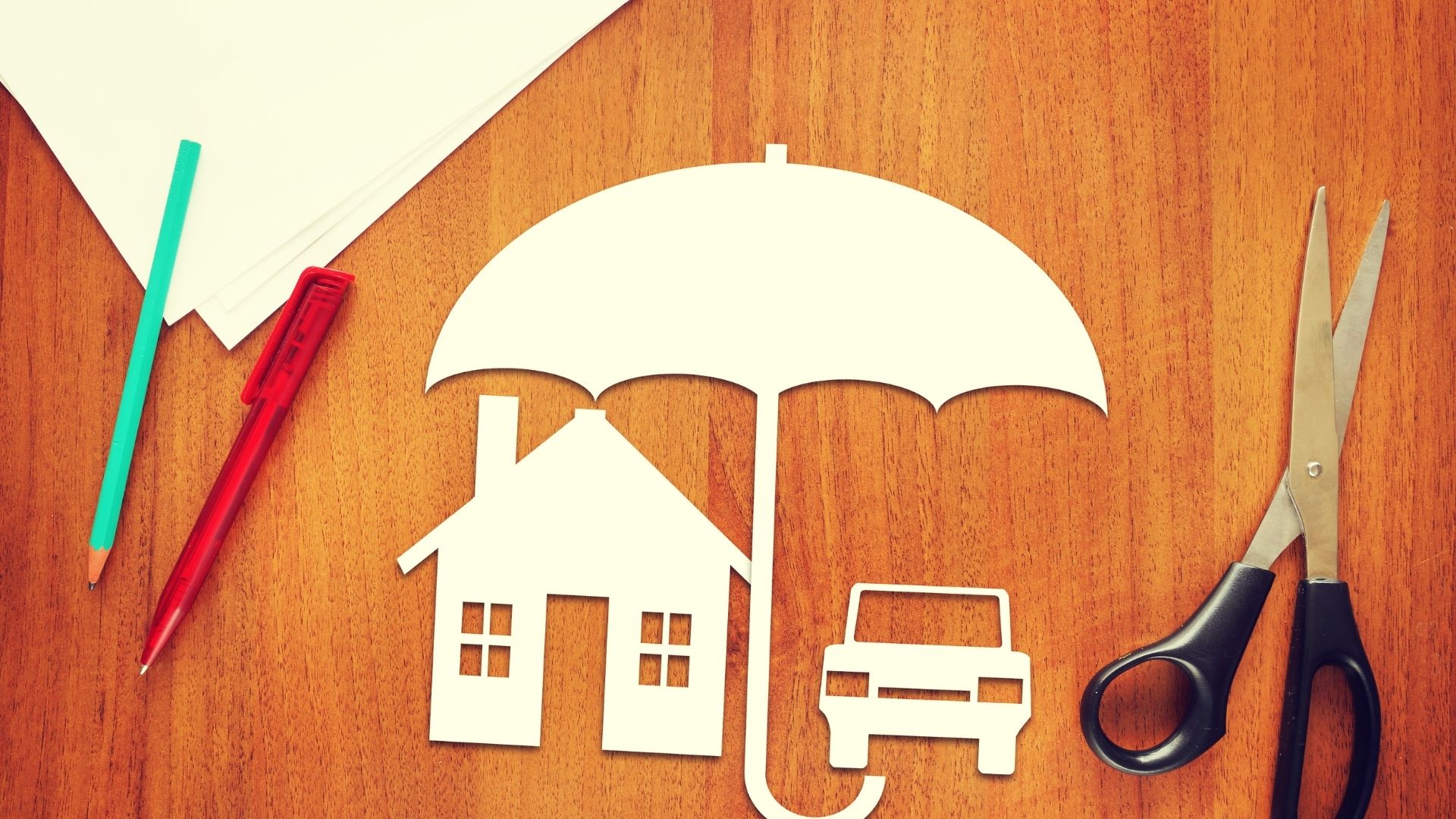The Secret of Securing a Great Home Insurance Plan
Securing the perfect home insurance plan can be a tricky process, especially when you’re unsure of where to start. With so many options available, finding the right balance between necessary coverage and cost-effectiveness can be difficult. Fortunately, there are some key steps one can take to ensure they secure an excellent home insurance plan that meets their needs without breaking the bank.
How to Choose the Right Coverage
When it comes to choosing a home insurance policy, it is important to consider the type of coverage that you need. The right plan should provide adequate protection for your home and belongings in the event of a disaster or other unexpected circumstances. Here are some tips on how to choose the right coverage:
First, consider what kind of coverage you need. Home insurance typically covers damage caused by fire, theft, and weather-related disasters like hurricanes and floods. Depending on your situation, you may also want additional riders that cover specific items like jewelry or electronics.
Second, compare multiple carriers to get an idea of the benefits and costs associated with their plans. Different companies offer different levels of coverage at varying prices. It’s important to find one that meets your needs while still fitting into your budget so you can be confident about being properly insured in case something happens down the road.
Home Insurance Basics
Home insurance provides financial protection in the event that your home is damaged or needs repair. It covers damage to both the structure of your home and its contents. The policy also typically offers personal liability coverage, which pays for any legal costs associated with an injury sustained on the property. To ensure you get the best possible coverage at a reasonable rate, it is important to understand some basic elements of home insurance policies.

When shopping for a policy, look at how much coverage each one offers and compare deductibles and premiums between different companies. Deductibles are generally higher on higher-value plans and lower on less expensive ones; so keep this in mind when deciding which plan is right for you. Premiums can vary widely, depending on factors such as the age of the house, type of construction, location, and even credit score. Be sure to ask about any additional discounts or incentives offered by your insurer before making any decisions about coverage amounts and rates.
Read also: How Shield Home Insurance Safeguards Your Property and Assets
Shop Around for the Best Rates
When it comes to a home insurance plan, the best way to make sure you’re getting the best rates is to shop around. Take the time to research different companies and compare their coverage, deductibles, and premiums. Look for companies that specialize in home insurance and read reviews from customers who have purchased their plans. Ask friends or family if they have any recommendations of good companies they’ve used before. Knowing what your neighbors pay for their home insurance can also be helpful in giving you an idea of what kind of rates are available in your area. Once you have narrowed down your choices, contact each company and ask them questions about their coverage options and discounts available.
Consider Discounts
When attempting to secure a great home insurance plan, considering discounts can be one of the most important steps. Discounts can lead to significant cost savings, so it’s important to look for any available discounts. Some also offer discounts for bundling multiple policies with their company or by paying off the entire policy upfront at once. It’s worth asking your insurance company what other discounts they may have available since some companies will tailor-make a discount package to suit your needs. You should also ask if they provide any loyalty rewards that could give you additional savings over time; many insurance providers offer these incentives once you become a customer of them.
Review Your Policy Regularly
It is important to review your home insurance plan on a regular basis. Doing this ensures that you are up to date with any changes in the coverage, premiums, and terms of the policy. This can help you make sure that you are getting the best deal possible on your home insurance policy.
There are several steps involved in reviewing a home insurance policy, such as evaluating the coverage limits and deductibles, understanding what types of perils and damages may be covered or not covered under the policy, assessing discounts for bundling policies together, and researching available special features that could potentially increase coverage levels at no extra cost. Regular reviews also allow for an easier comparison shopping process when it comes time to renew or switch policies altogether. Ultimately, taking a proactive approach toward reviewing your personal home insurance policy can prove invaluable in securing a great plan while avoiding unexpected surprises down the line.
Claims Process and Filing Tips
When filing a home insurance claim, it’s important to provide as much information as possible and to do so in an organized manner. First, make sure that you have all the necessary documents such as invoices or photographs detailing the damage. Also, be prepared to answer questions regarding the circumstances surrounding the incident. It is also helpful to familiarize yourself with your policy’s coverage limits beforehand, so you know what kind of costs are covered under your plan. Additionally, make sure that you keep detailed records of any communication between yourself and your insurer during this process – including emails and phone calls – for future reference if needed. Lastly, contact your insurer as soon as possible after discovering the damage in order to ensure that you receive timely assistance throughout this process.
